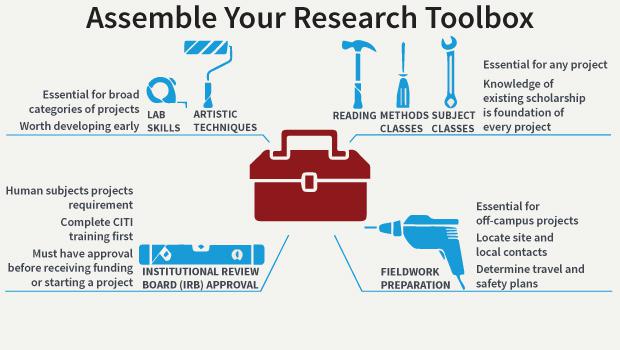Hello, and welcome to my first post on the Voice4Thought platform!
I am somewhat unsure on how to approach this blog writing assignment, as up until now in my entire academic career I have for the most part been engaged in “traditional” written or oral exams and paper writing. Nonetheless, I will try my best to give you my personal impressions of the past few classes we took as part of the Researching Africa in the 21st Century course, while also trying to connect it to what we did during our first meetings.
Right from the start of the academic year, I approached this course as if it were a sort of “researching toolbox”, to be gradually filled with instruments apt to conduct our research once we are on the field in whichever African country we end up working in. This kind of mentality, together with the possibility of conducting the internship itself, was actually one of the main reasons that led me to apply to this MA. Indeed, last year when approaching the end of my academic career in Italy I felt that I had learnt a lot in terms of sheer knowledge, but was still missing something. After having the chance to discuss this with many colleagues of mine that had studied at universities outside of Italy, it became immediately clear that the academic system I had been part of up until that point had given me little or no insight on how to “practically” conduct research. By this I mean that until now I have solely been focusing on how to study on the basis of secondary sources, therefore any kind of text produced by someone else than me. I realised I was completely lacking any kind of methodology that could help me to directly study an issue myself, collect and elaborate data on it and ultimately produce some kind of knowledge.
This is why I was so excited to start this MA and in particular to learn the most I could from the Researching Africa course, to fill this critical gap in my academic preparation. Indeed, during the various classes we have been given a number of tools that we will be able to use during our research.
One example of this is when we were given professional cameras and recorders to conduct the interviews, so we could practice using them and get some feedback on what we produced. I feel that this has been a really useful experience, as there are a great deal of things that go wrong when trying to record an interview (sound not properly recording, wind gusts, incorrect lighting or background etc.).
In one of our more recent classes we had a guest lecturer tell us about the different programming tools that can be used to process and analyse big amounts of data to determine if there are particular trends. While these programs could end up being useful for our thesis, from the brief explanation we received they seemed to be quite complicated to properly use, especially the ones requiring some kind of programming expertise. I wish we could have delved a bit more into how to actually put these instruments into practice, but I understand that time constraints didn’t allow for that.
During the same class we had another guest, a graphic designer named Harco who taught us about how to design an impactful and catchy logo that we could attach to our research project. In this case the designer was able to give us a full lecture about the dos and do nots of creating a logo, such as not making it too complicated that it can’t be understood but still designing it relevant and impactful enough that it is easily recognisable. After the explanation we were tasked with designing a logo ourself, and Harco gave us tips and suggestions on how to improve the draft pictures that we were coming up with. I must be honest, I’m not sure if I’m ever going to use the logo I came up with, but I undertook this assignment as a challenge to summarise my entire research proposal in a single image, which was definitely harder than I thought, but it made me rethink on which aspects of my research I should focus on.
Finally, Kim introduced us to the Hackastory website, which collects a bunch of tools related to photo, video and audio editing, presenting infographics, collecting data, and many more. I feel that this portal is going to be invaluable for our research. Indeed, when I had to do research in the past I often struggled to find the most useful and accessible program to deal with each specific idea and issue I encountered. Even something as simple as adding some text to a picture can become frustrating if you don’t know where to start from, let alone more complicated tasks such as scraping key words from an entire blog post. I am confident that many of the tools offered by this website will play an important role in the next few months until we hand in our thesis, and I’m sure they will prove to be useful also long after we have completed our studies.
This brief summary of our last classes of the Researching Africa course should have given you an idea of what kind of “tools” have been added to our “researching toolbox”. I’m looking forward to putting them in practice during my fieldwork, with the hope of not screwing up too much!
Alessandro Fusi
Source of the image: https://undergrad.stanford.edu/opportunities/research/get-focused/assemble-your-research-toolbox

